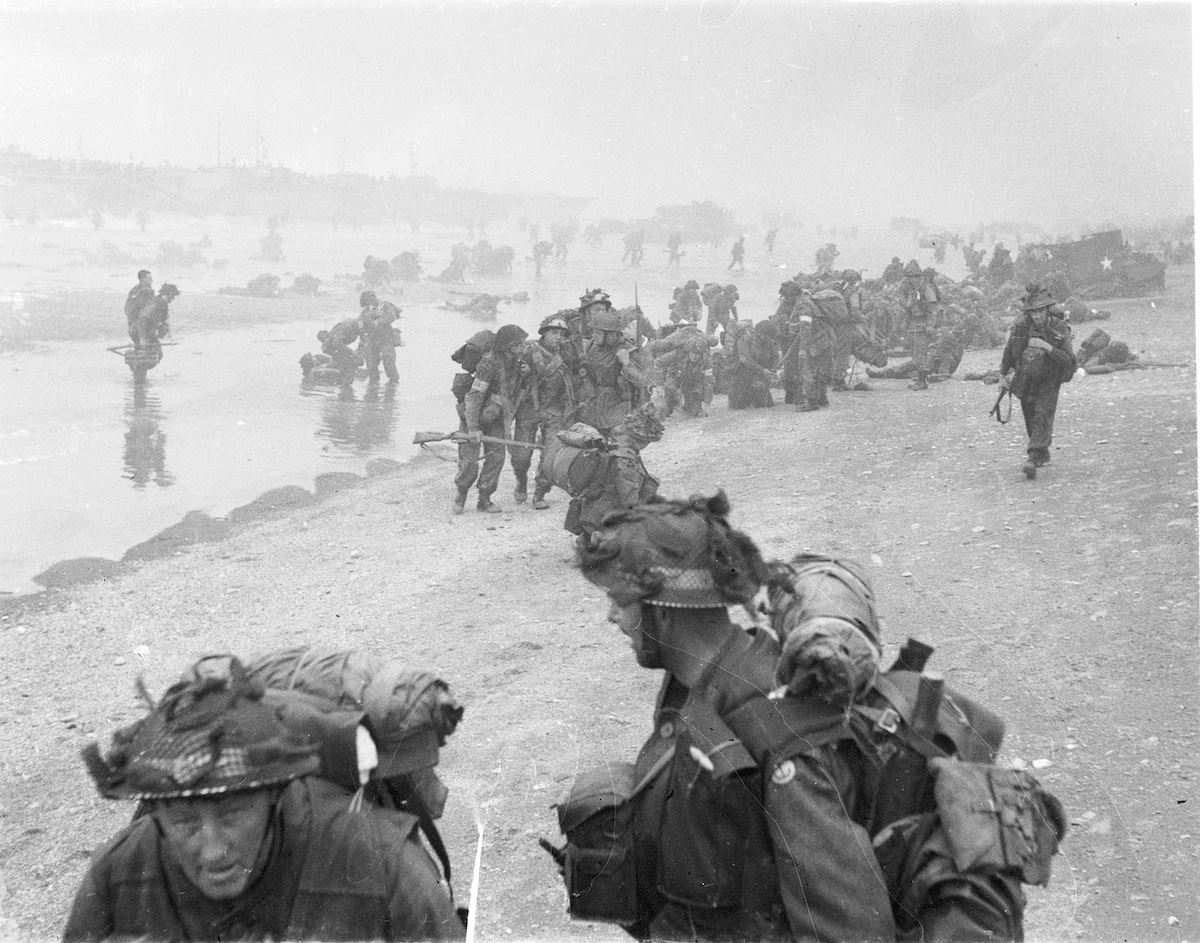‘D-Day Has Come’
In spring 1944 the Allied invasion of France seemed inevitable. D-Day’s success was contingent on deception of the enemy. For that, officials turned to the press.

No event during the Second World War was more eagerly awaited on the British home front than D-Day. Ever since the German invasion of the Soviet Union in 1941 a motley group spearheaded by the Daily Express, the British Communist Party and a range of trade union leaders had lobbied loudly for a second front. The invasions of North Africa in 1942 and Italy in 1943 had quelled some of this agitation, but they were no substitute for a massive assault on the French coast which, the optimists hoped, would be a prelude to Anglo-American forces sweeping rapidly towards Berlin and ending the war.







